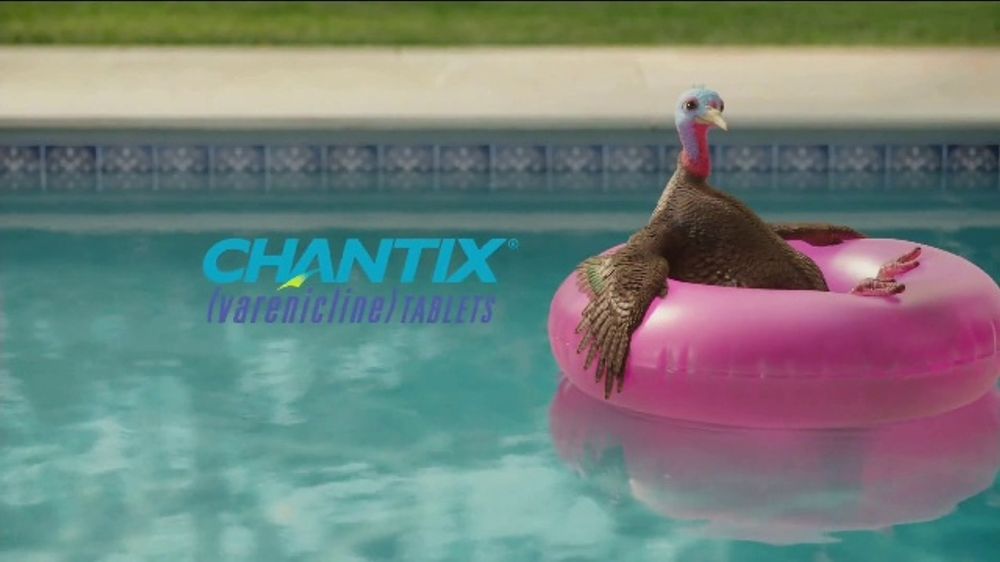bs014317@ohio.edu
If you had the chance to watch television this weekend, you probably were bombarded with some type of pharmaceutical ad. Advertisers have a unique job with these types of ads. The goal of the ad is to offer a viable solution to a health concern while keeping the ad upbeat and memorable. The ad must ad go into detail about the drug and its possible side effects. In order to remain compliant, the ad must mention any possible side effect that could have occurred during clinical trails. These are often read while we listen to a piece of popular music, watch an animated animal do something cute, or look at beautiful scenery.

Pharmaceutical representatives are assigned territories and certain physicians per territory. I know many of them. In years past, these representatives would bring freebies into the physician's office. These freebies consisted of ink pens, paper, toys (the Rhinocort rhinoceros had a an entire series of stuffed toys), candy, and the list goes on. Some companies sponsored elaborate dinners and family outings for the physicians. Their goal was to get that coveted signature and hopefully a few scripts written for their product. The number of scripts written by each physician is tracked. The more scripts written, the nicer the freebies became. A few years ago, it was decided that these gifts were too influential. While any physician worth their salt did not allow these methods to influence their choice of medications, there were some that allowed themselves to be swayed by the attention.
I believe one of the chore values that these representatives violated on a regular basis was one of fair competition. I have known individuals who have worked for a company, left that company for their competitor and used that knowledge to sell a similar product with the new company. Although they may not have thought anyone was listening, I have heard reps tell physicians that one medication is better than another using information that would have been classified.
There are still practices that are questionable though it is much better than in year's past. Elaborate dinners now offer a "expert speaker" that allows companies to wine and dine a physician by offering a lecture about the product. Medication samples are offered in exchange for a few words with the physician. I shutter to think that anyone should be swayed by these offerings but if they didn't work, they would not continue.
Patients will continue to ask for that "pill I saw advertised on TV". It is up to physicians to be ethical enough to prescribe medications based on need, not flashy gifts or commercials. It is up to the pharmaceutical representatives to remember the ethics that should define their profession. We have work to do.
No comments:
Post a Comment